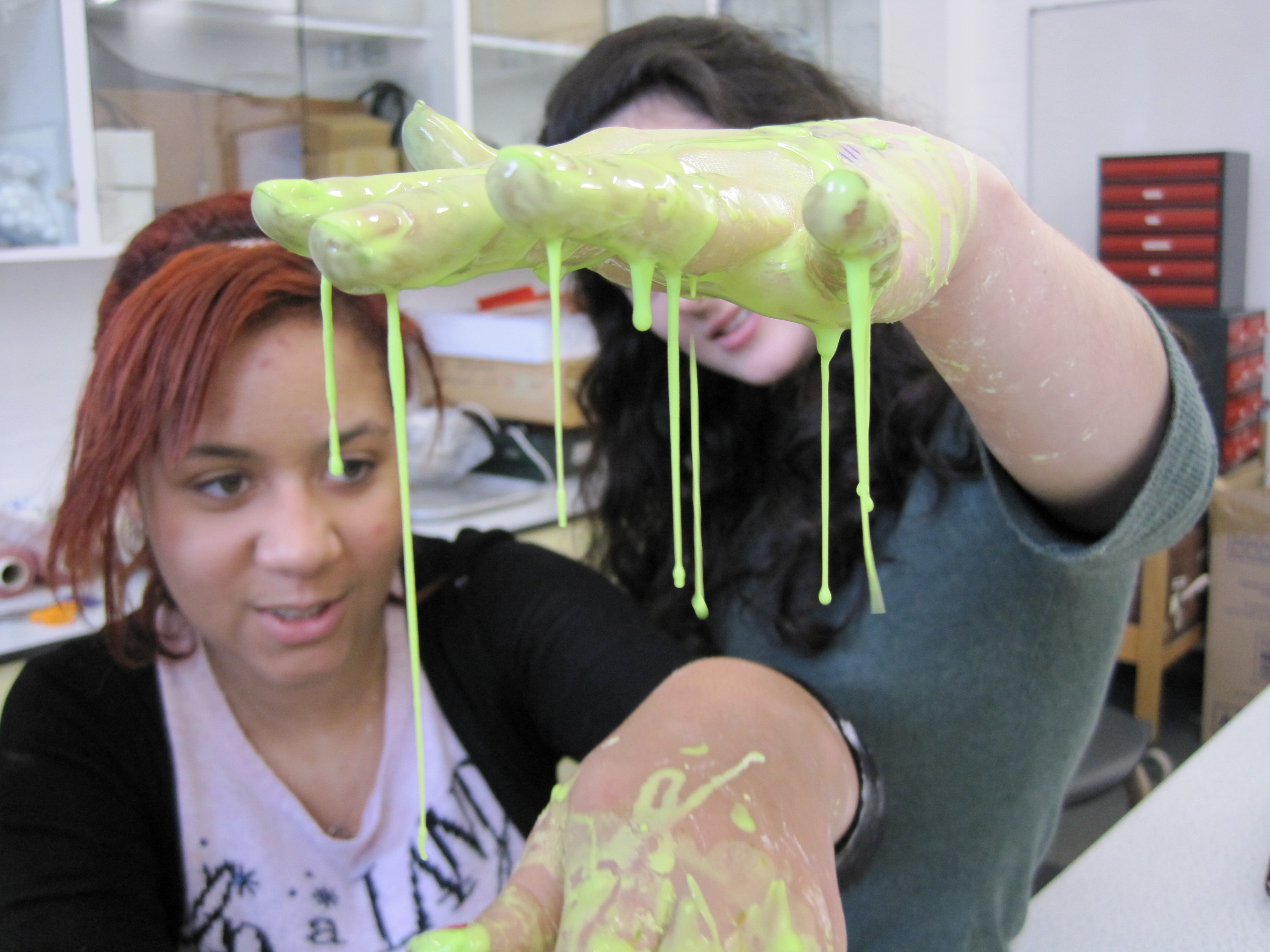
Epistemic insight means ‘knowledge about knowledge’ – and, particularly, knowledge about disciplines and how they interact.
The Epistemic Insight Initiative is developing ways to teach epistemic insight in schools, colleges and teacher education. The launch was filmed by BBC Breakfast
News, Comments and Events

Mini scholarship at the Faculty of Education to show our fantastic work on the epistemic insight here.
We are holding an event on the upcoming Thursday, 27th February at the Faculty of Education, Christ Church University in Canterbury. The event will be a showcase on how the epistemic insight has been embedded in our Initial Teacher Training modules. Tutors, students...

Exploring Oliver Twist through disciplinary lenses: Epistemic Insight and Inclusion within Education – by Georgina Gosden
The BA Special Educational Needs and Inclusion Studies programme is based on the fundamental principles surrounding Human Rights and Social Justice. To address these principles with young pupils requires the provision of events, characters and narratives which they...

Can maths and history mix? By Fiona Yardley
Photo by Aaron Burden on Unsplash Copy When I was 16 people said to me “maths, history and German? That’s a strange set of A-Levels.” Thirty years later, and with degrees in maths and history, last week a colleague said to me that she had never...
About Our Research
Wising up to how knowledge works
The LASAR (Learning about Science and Religion) research group conducted research to discover how students reason about Big Questions and how Big Questions are managed in schools. The research concluded that schools need to do more to help young people to understand how scholarship and knowledge work not only within their subjects but also across them.
Opportunities for Big Questions
The research discovered that secondary schools typically provide few opportunities for asking Big Questions and for exploring and talking about the distinctive approaches that different diciplines take.
Further, there is a basis to say that the impacts of entrenched compartmentalisation on students’ reasoning are largely hidden – because assessment tends to focus only on students’ progress within each subject.
Meanwhile in primary schools although cross-curricular work is more common, the focus for students is often about learning content knowledge rather than about the structure of the disciplines themselves.
Co-creating research
Canterbury Christ Church University’s research strategy includes creating a university student population who are active researchers in the fields where they aspire to work. It’s an ambition that fits very well with our own vision to develop co-created research projects that are conducted with and by our university tutors, researchers and students.

A Programme of Epistemic Insight

A programme of Epistemic Insight introduces students to scholarly ways of working such as learning about different tools for inquiry.
Teacher Education

Developing Epistemic Insight is centralised in the Teacher Education that takes place in institutions that share strategies, resources and pedagogies.
Epistemic Insight is progressive

Epistemic insight is progressive – it builds up as students move up through school, through college, through university and beyond.
The Epistemic Insight Initiative is a ‘work in progress’ and an active research area that is underway in schools and universities – in England and internationally.
